by Dr. David J. Leonard
Throughout the early part of the 20th century, African-American activists fought to thwart the systemic scourge of lynching. Faced with a silent and complicit populace, particularly the media and political establishment, African Americans forced the nation to bear witness to the depravity of American racism.
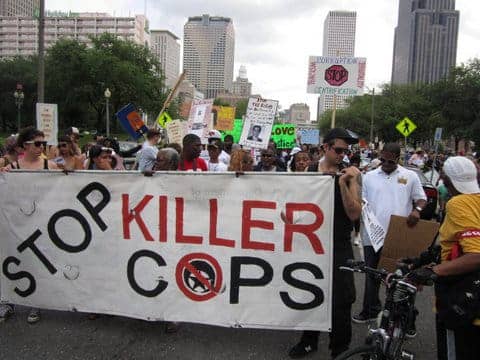
He quotes a white resident of Emelle, Alabama, who questioned a reporter’s inquiry into the killing of an African American: “A few white residents who had been on hand when the men were killed refused to talk about the events to reporters from The Tuscaloosa News. ‘What the hell are you newspaper men doing here?’ asked a white man who had been part of the vigilante group. ‘We’re just killing a few Negroes that we’ve waited too damn long about leaving for the buzzards. That’s not news’” (Raper, 1933, p. 67). The silence from the mainstream media about Black victims burned to death, hanged and dismembered embodied the normalization of white supremacist violence.
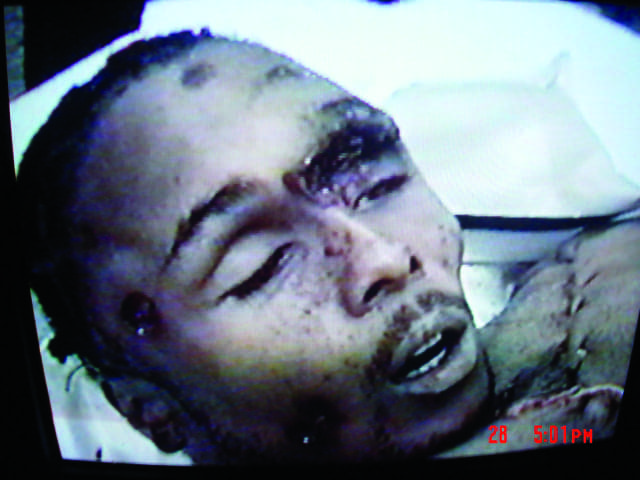
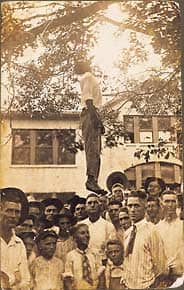
The more things change, the more things stay the same.
The history of racist violence, of lynchings, of state violence, or a complicit media and systemic injustice, all of which define the era of Jim Crow, remain a reality despite our purportedly post-racial moment. A recent report from the Malcolm X Grassroots Movement (MXGM) entitled “Report on Extrajudicial Killings of 110 Black People” elucidates the contemporary struggle against lynchings.
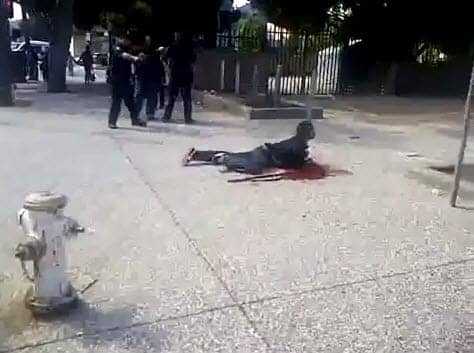
Of those who lost their lives at the hands of a police or security officer, 47 did not have a weapon at the time of their killing. Another 40 were said to have a weapon – including a cane, a BB gun and a toy gun – although witnesses have disputed these purported facts. A small number of those killed, 21 people, were armed at the time they were sentenced to death. None were afforded the presumed right of innocence until proven guilty.
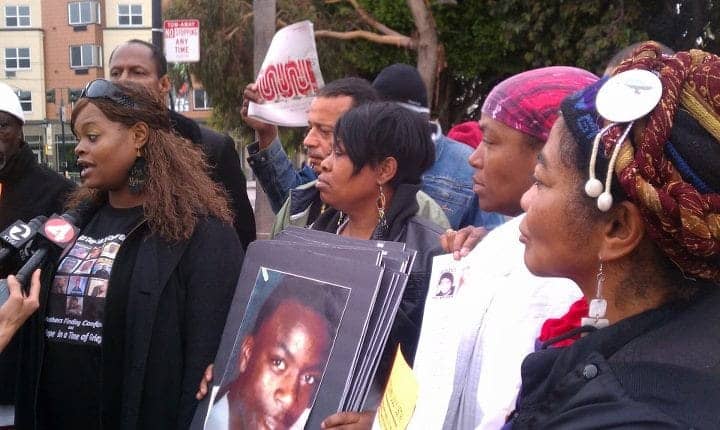
The study showed that 43 percent of those killed on these streets, prior to any legal proceedings, were stopped because of “suspicious behavior or appearance” or because of traffic violations. Another 10 percent were not involved in criminal behavior at all, with another 18 percent resulting from 911 calls, including several from family members seeking assistance with individuals suffering from mental illness, only to see them killed in the streets.

Among its victims are Rekia Boyd, an innocent bystander shot and killed in Chicago; Dante Price, who was shot 22 times while trying to pick up his children; and Travis Henderson, a “a suicidal man sitting in a church parking lot with a gun. When he got out of the car, he allegedly pointed the gun at an officer and was shot.”
An Orange County sheriff killed Manuel Loggins, a former marine and father of two daughters, in front of his children. The “sheriff initially said he feared for his own safety and later revised his story to say he feared for the girls’ safety.”
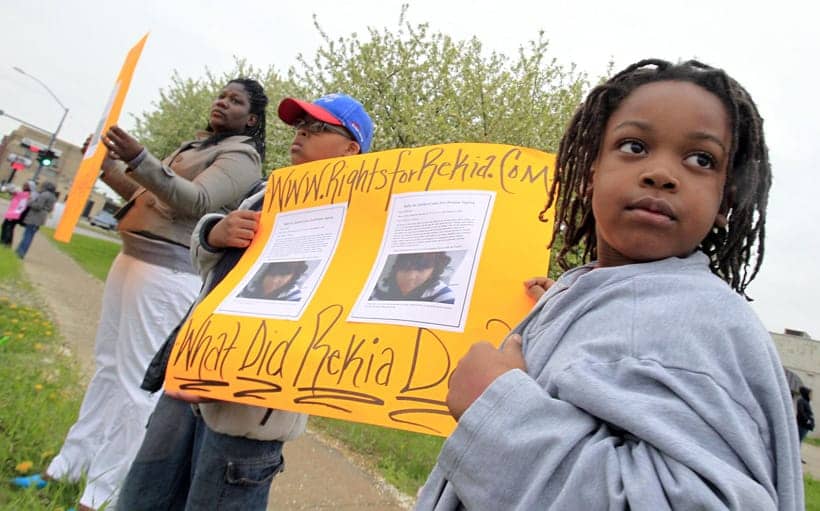
The history of state violence, of the consequences of systemic racism, a story often imagined as a concluded chapter in American history, remains a grave problem of the 21st century.
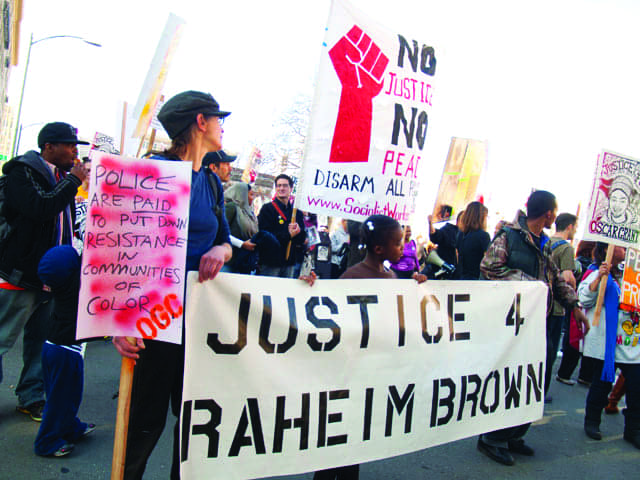
While the media, political “leaders” and citizens alike ignore and justify these killings by blaming the victims, MXGM and this report make clear that African Americans continue to live “without sanctuary” in America, demanding that we not only “bear witness” to these ongoing atrocities but join them “in demanding that the Obama administration implement a National Plan of Action for Racial Justice to stop these killings and other human rights violations being committed by the government.”
A lynching happened today. One happens every 36 hours. Will another happen tomorrow?
As Ida B. Wells-Barnett powerfully reminds us, “The way to right wrongs is to turn the light of truth upon them.”
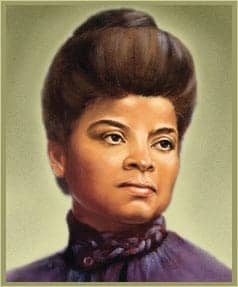
David J. Leonard is associate professor in the Department of Critical Culture, Gender and Race Studies at Washington State University, Pullman. He is the author of the just released “After Artest: Race and the War on Hoop” (SUNY Press), a regular contributor to New Black Man, layupline, Feminist Wire and Urban Cusp and a frequent contributor to Ebony, Slam and Racialicious as well as a past contributor to Loop21, The Nation and The Starting Five. He blogs at No Tsuris. Follow him on Twitter: drdavidjleonard. This story first appeared on the Huffington Post.




